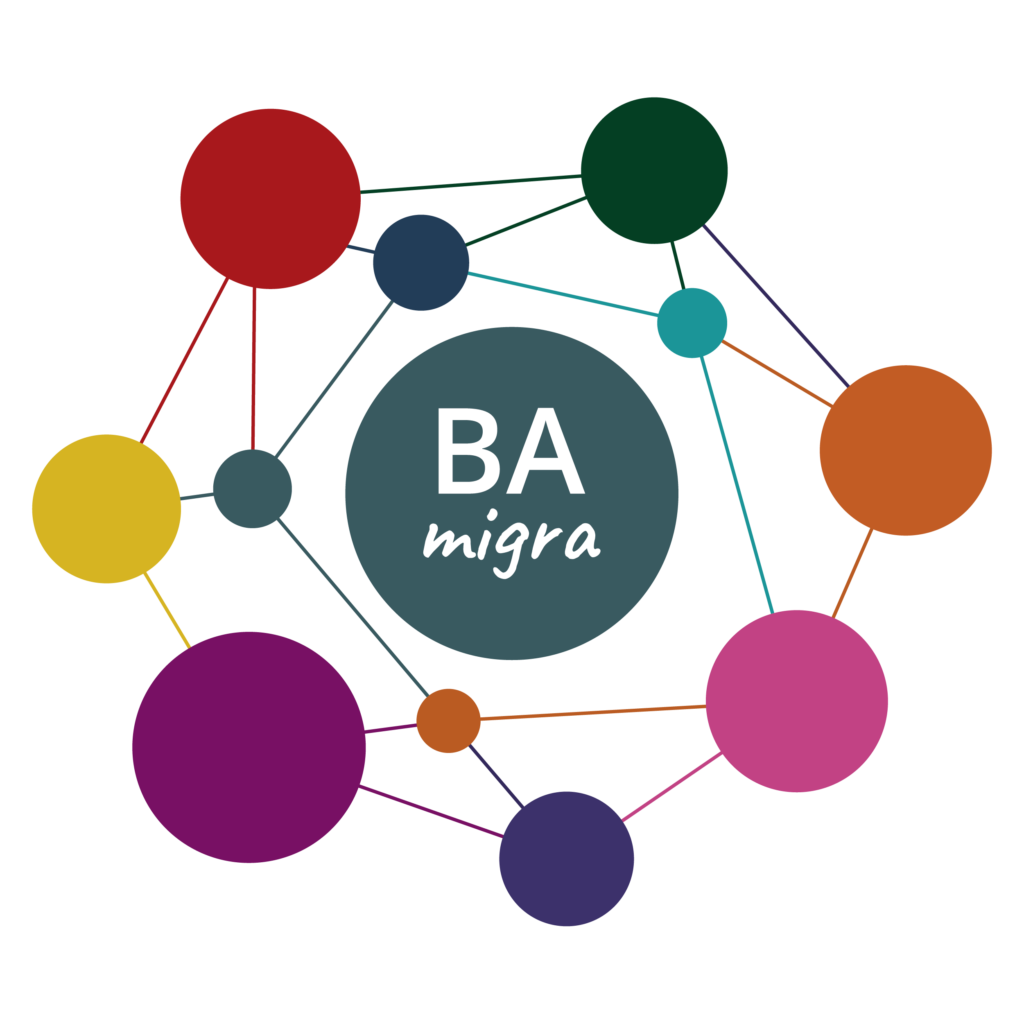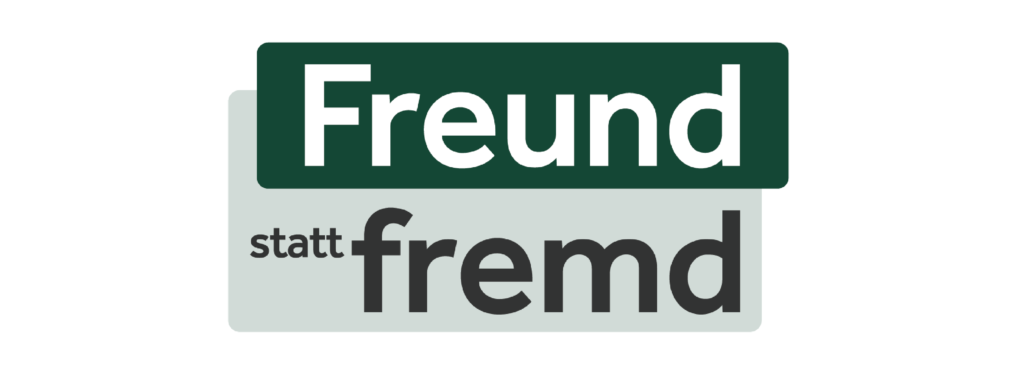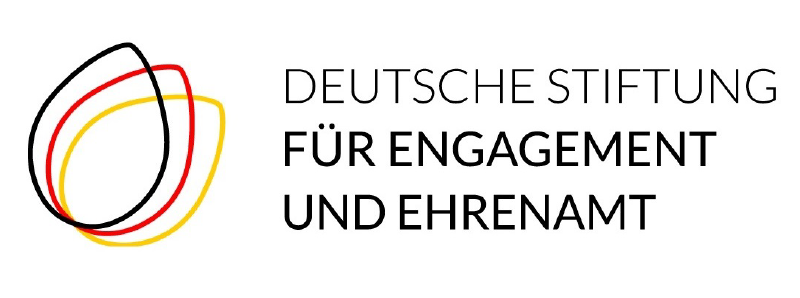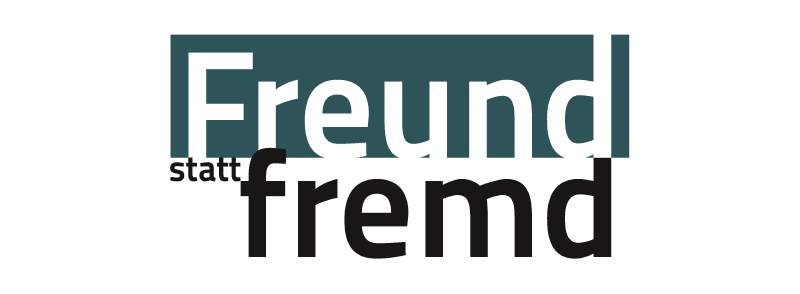Legal Information
Like with many things there are many legal regulations that have to be followed also regarding the topic of work.
The many regulations are there to protect employer and employee.
Here you’ll find for example Information about minimum wage, how many off days you are entitled to and which other responsibilities a company has regarding their employees. Of course, you also have to keep your commitments and come to work on time, for example.
Contents on this page
Employment contract - Arbeitsvertrag
Everybody who starts a job gets an employment contract. The contract contains the most important terms and conditions of an employment relationship:
- Working time – fulltime up to 40 hours per week
- Vacation – at least 20 days per year
- Earn – minimum wage is 9,35€ per hour at the moment
- notice periods – the notice period is at least 4 weeks to the middle or the end of the month
Both parties must stick to the agreements. Don’t sign the contract until you have read and understood the whole thing. Ask for help if you don’t understand something. A contract becomes legally binding when you sign it, which means you must abide by the agreements.
There are different kinds of contracts:
permanent employment contract
Usually there is a trial period of three or six months. In this time, the notice period is only two weeks.
In this time both parties can try how well the joint work works.
When the trial period is over, the permanent employment begins with a longernotice period. A notice is only valid if it is handed in in written form.
Fixed term employment contract
The employment ends at an agreed point of time, without a notice having been written.
Minijob (marginal employment)
The maximum earn is 450€ per month, this is also tax free. You can be exempted from compulsory pension insurance because you acquire only very small entitlements to a later old-age pension. You must arrange your own health insurance; seek advice from a health insurance company.
Minimum wage
There is a legal minimum wage in Germany. The current minimum wage is 9,82 € per hour (01.02.2022). This amount is raised regularly. The statutory minimum wage will increase to 10.45 euros from 01.07.2022 and to 12 euros from 01.10.2022.
The minimum wage may not be undercut by the fact that you have to work longer than contractually agreed, but still do not receive more money than is stated in the contract.
The minimum wage does not apply to:
- Juveniles under the age of 18 without a completed apprenticeship
- trainees
- Long-term unemployed during the first six months of their employment after the end of unemployment
- Interns in certain types of internships (school or study-related internships or internships for professional orientation of up to three months)
- volunteer activities
Payroll
If you have a job, you will get a payroll after every month. On this payroll there are many important information:
- Name and adresse of the company
- Your name, adresse, date of birth
- Insurance number of the company
- Date of your first day of work
- Your tax class and tax identification number
- For what time is the payroll?
- Gross wage (wage without deductions Gehalt ohne Abzüge – Gross tax amount and gross social security amount)
- Type and amount of bonuses or allowances, e.g. Sunday bonus, night bonus, Christmas bonus
- Type and amount of the deductions, e.g. insurance and taxes
- Net wage – the money that will be transfered to your bank account!
Exception: In the case of advances, loans by the company or salary garnishments (if you have debts), further amounts are deducted from the net amount.
taxes and social security contributions
Every employee in germany pays a part of their wage for taxes an social security contributions. Even if you are self employed, you have to pay taxes.
When you start working you have to state you tax class. It is important that you state the right tax class, if you don’t you may have to pay more taxes!
There are these tax classes:
tax class 1 – single, without a child
tax class 2 – single, with child
tax class 3 – married, applies if only one partner works, or for the person that earns much more of the both
tax class 4 – married, both earn aproximately the same amount
Tax class 5 – married, both work, applies to the person the earnes less
tax class 6 – if you have more than one job
income tax
Income tax is money that Germany, Bavaria and the city or municipality use to pay their expenses. With this money the city pays for e.g. streets, schools or social benefits.
- You work for a company? Then you will get paid the net wage. The company already deducted the taxes and transferres it to the department.
- Are you self-employed? Then you have to pay tax on your income yourseld!
Tax identification number
When you start working for the first time, you will get a tax identification number (Steuerliche Identifikationsnummer) This Tax ID has 11 digits. It will be valid for your whole life. In germany children receive a letter with their tax ID after they are born. You’ll need this number when you apply for child support.
If you work in germany, you’ll need the numberg again when you start working at a new company. If you don’t know the number, you can ask for it in written form at the city hall or online at the federal tax office:
Tax return
When a year is over, you can do a tax return. If you declare your various expenses (e.g., liability insurance, commuting to work), your tax will be less. You could be getting some money back from the tax office. However, there may also be an additional payment to the Office.
Many people have to file a tax return, for example if you are self-employed. It is best to check in with the tax office.
For help with your tax return, you can go to an income tax assistance association.
Social security contributions
Social security contributions will be deducted automatically from your earnings every month. The money is spent on the people who can’t find work or can’t work anymore. They get money to live.
To social security contributions belong:
- Pension insurance – If you stop working when you retire, you will receive a pension.
- Unemployment insurance – if you lose your job, you get unemployment benefit I or citizen’s benefit
- Health Insurance – If you are sick, you will continue to be paid your wages or a portion if you are sick for an extended period of time. Doctors visits and hospital visits are also paid for.
- Long-term care insurance – If you need care, costs are covered.
- For a permanent residence permit, one of the requirements is that you have paid contributions to the pension insurance for at least 60 months. This also applies if you are self-employed. There are exceptions.
Social Security number
The German Pension Insurance will automatically send you the social security number in the mail when you first start working in Germany.
If you lost your number, you can ask here:
Occupational Safety and Health Act
Work is supposed to be safe for everybody. Because of that there is the occupational safety and health act (Arbeitsschutzgesetz) Employees should not injure themselves, stay healthy and not have too much stress. The company is responsible for that.
For workplaces where there is a risk to employees, there are precise rules on what to do so that no one gets sick or injured. Employers are responsible for compliance and implementation. Employees must be informed about how they can protect themselves.
As an employee, you are obligated to comply with the protective regulations in your work. You must not do anything that is dangerous to others and you must report any damage that may be a hazard.
Work accident
If you have an accident at work or on your way to or from work, it is a work accident.
You are covered with accident insurance through the company.
You have to tell the doctor before the examination that it was a work accident. The treatment is then not paid by the health insurance, but by the accident insurance. The name of your accident insurance is known by your company.
If you are, after a work accident
- unable to work after one day or
- need a longer medical treatment or
- get sick again at a later point in time,
You have to go to a so called “Continuity physician” (Durchgangsärztin)
You can find Contunuity Physicians here:
Irregular and illegal employment
Work that is paid but not registered with the tax office and health insurance is prohibited. This is called “irregular employment”. All are required to pay taxes and health insurance contributions. Otherwise, you could face a fine or even imprisonment.
If you receive money from the job center or unemployment benefits but still work and do not report this to the social welfare office, the employment agency or the job center, this is called illegal employment. This is also forbidden. This is called “Schwarzarbeit”(undeclared work). When you start a job, you must inform the office from which you get money.
It is allowed to earn extra money. It will then be recalculated how much money you will receive from the office. You are obliged to report any kind of earnings and income immediately.
If you are prohibited from working and you work anyway, that is also illegal employment.
- Illegal employment can lead to an indefinite work ban and endanger your residence!
Fair integration - Help, so you'll get your right at work
Here, refugees and third-country nationals can ask questions about social law and labor law matters.
Do you have questions about your employment contract (e.g. working hours, termination, illness)?
Do you have questions about your pay or have you been paid too little?
Are you being treated unfairly by your employer?
Not sure if your rights as an employee are being respected?
Contact:
Kornmarkt 5-7
4. Floor, Room 420-422
90402 Nürnberg
0911 / 27 87 09 48
0151 / 18 74 21 85
fkreyesus@emwu.org
German, English, Tigrinya
https://www.migranet.org/angebote/ratsuchende/faire-integration
Equality for women
All people in Germany have the right to be treated equally and to have the same opportunities. This also applies to work. If you are disadvantaged as a woman, you can get help here
City Hall at the central bus station (ZOB)
Promenadestraße 2 a
96047 Bamberg
0951 / 87 – 14 40
gleichstellungsbeauftragte@stadt.bamberg.de
https://www.stadt.bamberg.de/gleichstellungsstelle




